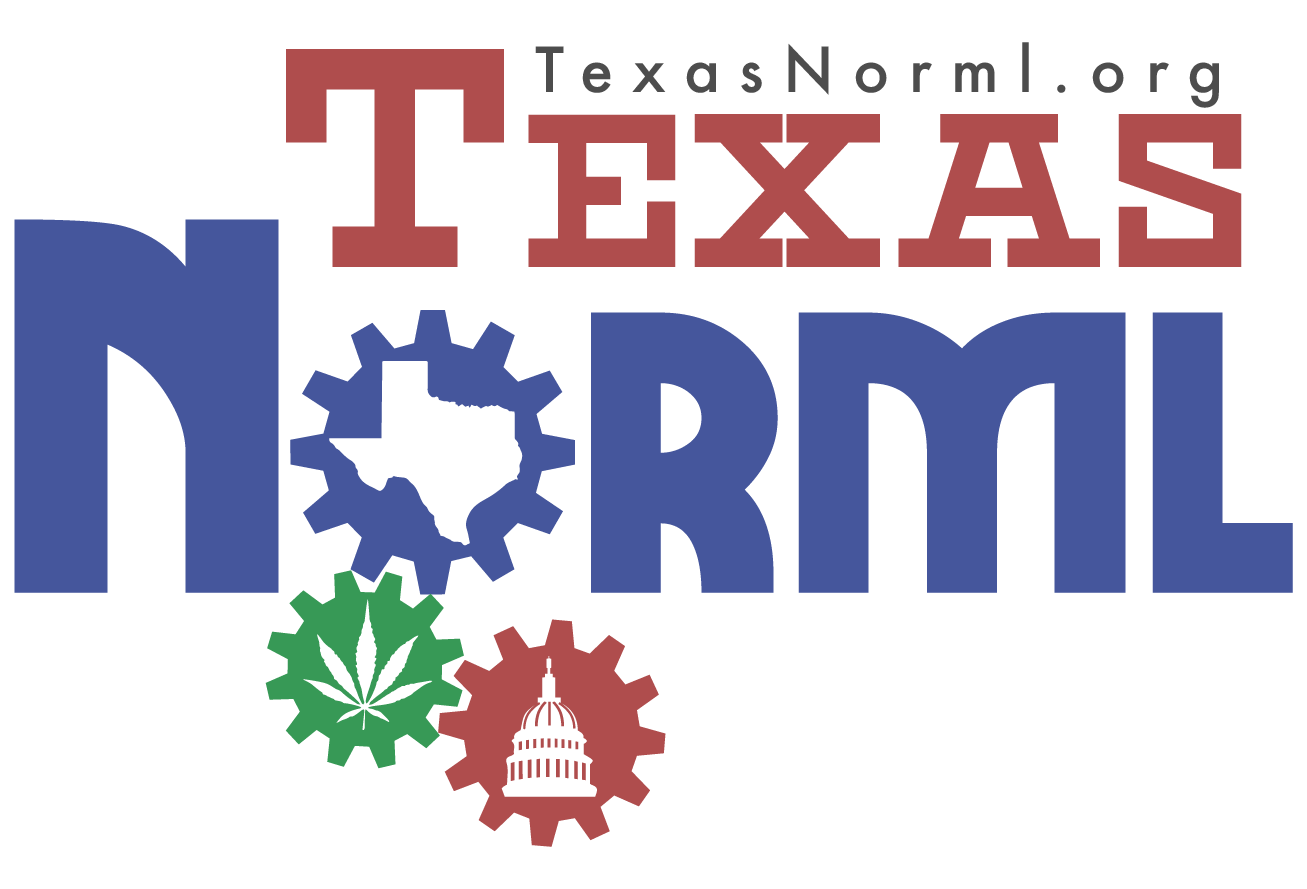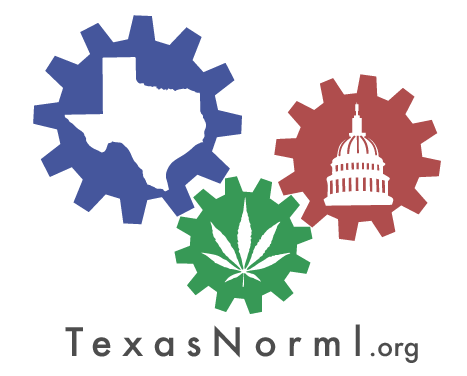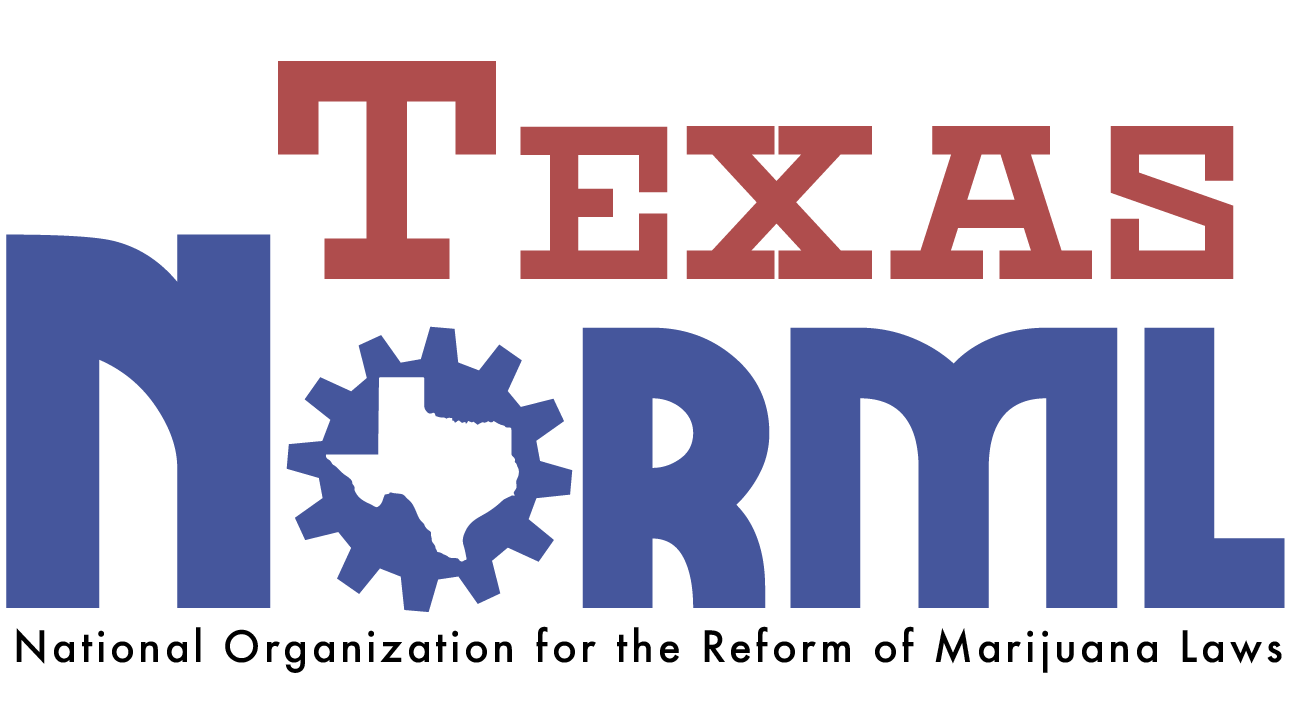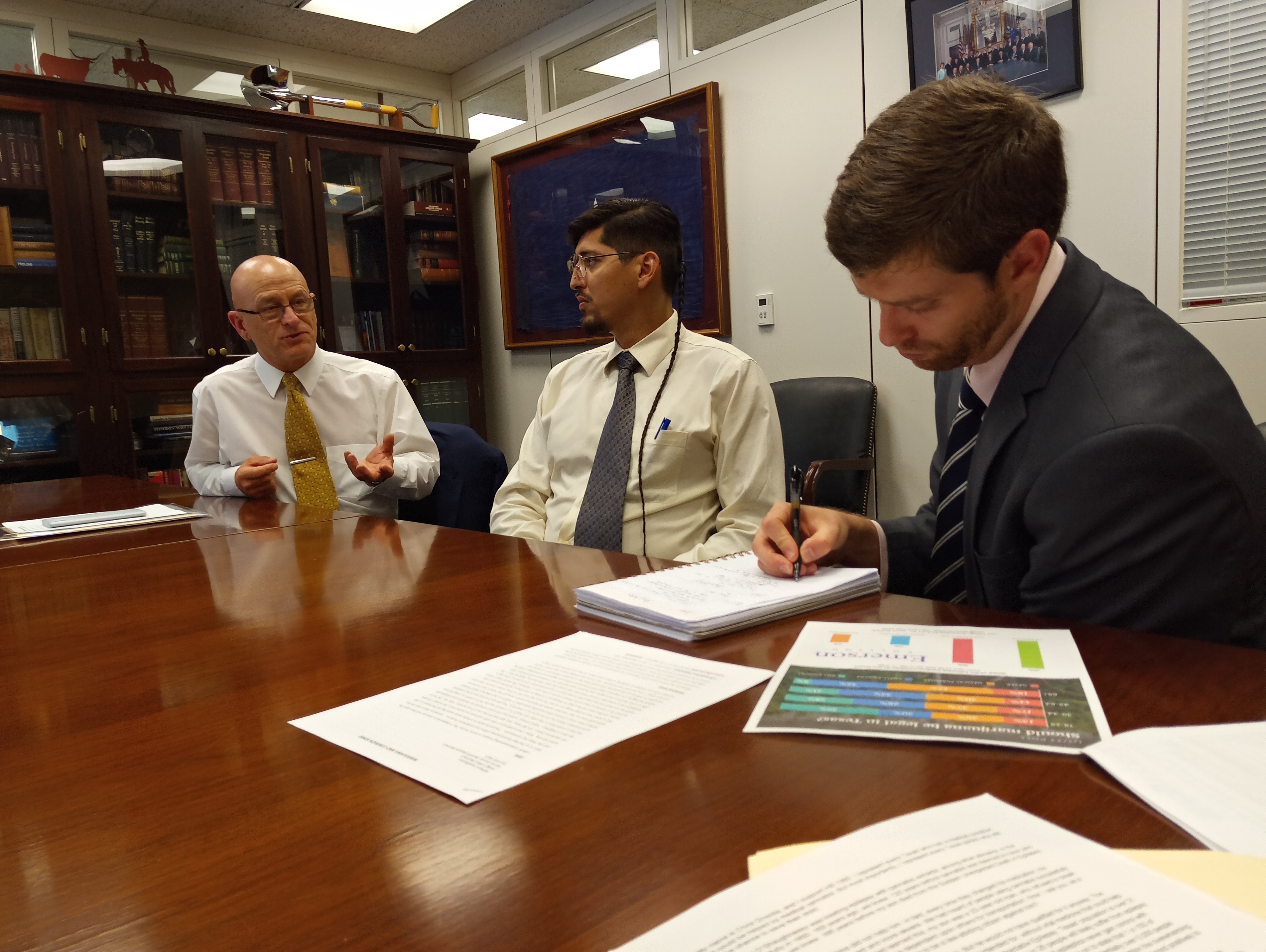TX NORML open meeting notes, August 4, 2010
During last month’s meeting we covered these stories:
– Arizona: Medical Marijuana Legalization Measure Certified For November Ballot
– Age Of Onset Of Schizophrenia Not Associated With Marijuana Use, Study Says
– Marijuana Use Associated With Higher Functioning In Schizophrenics, Study Says
– Los Angeles Medical Marijuana Oversight Regulations Officially Take Effect
– Colorado: Medical Marijuana Dispensary Regulations Take Effect
– New Jersey: Governor Calls For Delay In Implementing Medical Marijuana Law
– California: Senate Passes Marijuana Infraction Measure
– United Kingdom Approves Marijuana Spray As Medicine
– Pot Compounds Inhibit Oral Cancers, Study Says
– Pot Compound Stimulates Neurogenesis, Study Says
– California: Blacks, Latinos Arrested Disproportionately For Marijuana Possession Offenses, Study Says — California Chapter of the NAACP Endorses Marijuana Legalization Ballot Measure
Recap of last month’s events:
– Friday July 16th we were at club Encore for a CD release party for Indofin
– Saturday, July 24th we were at the Lone Star Bar & Grill in Temple for Waco NORML’s 1st B’day party
– Friday, July 30th we were back at club Encore for a reggae show with Fortunate Youth, the Contrabandits, Axis Unity, and DJ Ivor
– Tuesday, July 27th, we were at the Medical Marijuana in Texas meeting put on by the Texas Coalition for Compassionate Care, and we’ll talk about that after I get past the news
Now for the news from the past month:
Washington State Proposed Marijuana Legalization Initiative Will Not Qualify For 2010 Ballot
A statewide ballot measure that sought to remove all state penalties for the possession, cultivation, use, and sale of marijuana by those over eighteen years of age will not qualify for the November 2010 ballot.
Backers of the volunteer effort said that they collected approximately 200,000 signatures from registered voters in favor of the proposal, known as Initiative 1068. State law requires proponents to collect some 241,000 signatures to qualify for the statewide ballot.
According to a May 2010 University of Washington poll, 52 percent of the state’s registered voters said that they supported the measure, and only 35 percent opposed it.
Experienced Marijuana Consumers Exhibit Virtually No Change In Cognitive Task Performance After Smoking, Study Says
Experienced marijuana consumers exhibit nominal changes in cognitive performance after inhaling cannabis, according to clinical trial data published online this week in the journal Pharmacology, Biochemistry, and Behavior.
Investigators at Columbia University in New York and the San Francisco Brain Research Institute assessed acute marijuana-related effects on cognitive functioning in 24 volunteers who reported consuming the drug at least 24 times per week.
Researchers determined that participants’ overall performance accuracy on episodic memory and working memory tasks “was not significantly altered by marijuana.”
Authors concluded: “The present findings show that smoked marijuana produced minimal effects on episodic and spatial working memory of near-daily smokers. The overall response accuracy on the word recognition and working memory tasks was unaffected by marijuana, although smoked marijuana did increase the amount of time participants needed to complete these tasks.
Oregon: Medical Marijuana Dispensary Measure Certified For November Ballot
Election officials affirmed that proponents of a statewide ballot measure to allow authorized patients to legally obtain medical cannabis from state-licensed facilities has qualified for the 2010 November ballot.
Under the proposed measure, private facilities would be able to obtain permits to engage in the production and not-for-profit distribution of marijuana for medical purposes. Both dispensaries and private producers would be subject to inspection and auditing by the health department. Dispensaries will not be allowed to operate within 1,000 feet of any school or within residential neighborhoods.
Oregon voters initially legalized the physician-authorized use of marijuana in 1998. Patients may grow their own marijuana under the law or designate a caregiver to cultivate for them.
Voters in Arizona, California, and South Dakota will also decide on statewide marijuana law reform initiatives this fall.
In 2009, voters in Maine approved a similar measure to legalize and regulate medical marijuana dispensaries.
Lawmakers in Colorado, Maine, New Jersey, New Mexico, Rhode Island, and Washington, DC have enacted regulations overseeing the state-authorized distribution of marijuana. However, to date such regulated facilities only exist in Colorado and New Mexico.
Marijuana Use Seldom Associated With Emergency Room Visits, Study Says
Lifetime use of marijuana is rarely associated with emergency room visits, according to an analysis of epidemiologic survey data published online by the American Journal of Emergency Medicine.
Investigators at the University of Michigan reviewed the overall prevalence of drug-related emergency department (ED) visits among lifetime users of illicit substances. Researchers analyzed data from the National Epidemiologic Survey on Alcohol and Related Conditions, which is a nationally representative survey of 43,093 residents age 18 or older. The study is the first to use nationally representative data to examine patterns and correlates of drug-related ED visits.
Among those surveyed, subjects that reported using cannabis were the least likely to report an ED visit (1.71 percent). Respondents who reported lifetime use of heroin, tranquilizers, and inhalants were most likely (18.5 percent, 6.3 percent, and 6.2 percent respectively) to report experiencing one or more ED visits related to their drug use.
A 2009 Swiss study published in journal BMC Public Health previously reported that the use of cannabis was inversely associated with injuries requiring hospitalization.
A prior case-control study conducted by the University of Missouri also reported an inverse relationship between marijuana use and injury risk, finding, “Self-reported marijuana use in the previous seven days was associated … with a substantially decreased risk of injury.”
V.A. Easing Rules for Users of Medical Marijuana
The Department of Veterans Affairs will formally allow patients treated at its hospitals and clinics to use medical marijuana in states where it is legal, a policy clarification that veterans have sought for several years.
Under current department rules, veterans can be denied pain medications if they are found to be using illegal drugs. Until now, the department had no written exception for medical marijuana.
The policy will not permit department doctors to prescribe marijuana. But it will address the concern of many patients who use the drug that they could lose access to their prescription pain medication if caught.
The new, written policy applies only to veterans using medical marijuana in states where it is legal. Doctors may still modify a veteran’s treatment plan if the veteran is using marijuana, or decide not to prescribe pain medicine altogether if there is a risk of a drug interaction. But that decision will be made on a case-by-case basis, not as blanket policy, Dr. Jesse said.
Washington, DC: Congress Won’t Overturn District’s New Marijuana Dispensary Law
Members of Congress have declined to overrule legislation passed by the D.C. City Council in May authorizing the establishment of regulated medical marijuana dispensaries in the District of Columbia.
Congressional lawmakers had up to 30 working days to reject the law. That review period officially ended earlier this week.
In June, a pair of Republican House members, Reps. Jason Chaffetz (Utah) and Jim Jordan (Ohio) introduced legislation to overturn D.C.’s medical marijuana law, but their effort failed to gain any significant support in Congress.
Under the new law, D.C. Health Department officials will oversee the creation of up to eight facilities to dispense medical cannabis to authorized patients. Medical dispensaries would be limited to growing no more than 95 plants on site at any one time.
Qualifying D.C. patients will be able to obtain medical cannabis at these facilities, but will not be permitted under the law to grow their own medicine.
A separate provision enacted as part of the 2011 D.C. budget calls for the retail sales of medical cannabis to be subject to the District’s six percent sales tax rate. Low-income patients will be allowed to purchase medical marijuana at a greatly reduced cost under the plan.
It will likely be several months before Health officials begin accepting applications from the public to operate the City’s medical marijuana production and distribution centers.
The newly enacted legislation amends Initiative 59 – a 1998 D.C. medical marijuana ballot measure that garnered 69 percent of the vote. City lawmakers had been barred from instituting the measure because of a Congressional ban prohibiting District officials from liberalizing municipal marijuana laws. Congress finally lifted the ban in 2009.
Oakland City Council Approves Regulations For First-In-The-Nation Industrial Marijuana Production Facilities
Oakland city council members last week approved legislation authorizing the private, large-scale production of medical marijuana by commercial providers.
Under the measure, the city will license four production warehouses where marijuana would be grown, packaged and processed for medical use. The privately owned facilities would not be limited in size. However, the regulations will require applicants to possess a minimum of $3 million worth of insurance, hire security, and pay a $211,000 annual permit fee to the city.
Members of the city council said that they will vote this fall on similar regulations to oversee the licensing of smaller size grow operations.
Voters in neighboring Berkeley will decide on a similar municipal measure in November that seeks to license up to six area medical marijuana production facilities.
In a separate Oakland city council vote this week, members rejected a proposal to tax medical marijuana cultivators and dispensaries – instead electing to put the measure before voters this November.
NORML Now Accepting Registrations For Its 2010 National Conference
NORML is now accepting registrations to attend its 2010 national conference, to take place Thursday, September 9 through Saturday, September 11, at the historic Governor Hotel in Portland, Oregon.
Panel discussions will include:
• Just Say Now! The Case For Taxing And Controlling Cannabis
• Lessons From The ‘Dry Decade’: What Cannabis Law Reformers Need To Learn From Alcohol’s Reformers
• Stiletto Stoners? Not! Women, Cannabis And Respect
• Cannabis As An ‘Exit’, Not An ‘Entry’ Drug
• Medical Marijuana: The New Jim Crow?
• High Times’ Cannabis Cultivation: Ready, Set and Grow!
• Reefer Movie Madness: The History Of Marijuana in Movies
Special comments/discussion regarding Texas’ next medical marijuana bill:
Discuss the meeting with TCCC, including the differences of opinion in what should be included in the bill. Be diplomatic!
Special Guest Speakers are here:
– We’ve talked about Run This Town before at meetings, and have been a part of one of their events. But now I’d like to allow a representative from Run This Town to tell you themselves what they are about and what’s going on with their org.
– Chris Diaz, medical marijuana patient who was arrested in Brownwood, TX, is still incarcerated in Brown County, 40 days after his arrest. The local law enforcement there is purposefully dragging their feet on the case, and threatening to pursue the maximum penalties. 2nd degree felony is 2-20 years and $10,000 fine.
Upcoming Events & Alerts
– This Friday, August 6th, we’ll be at club Encore for the “Red River Reggae” event, put on by Episode Phive and featuring Jai Roots with McPullish, Tuskani, and Selectah Remedy. $6 cover.
– Thursday, August 12th, we’re hosting a Happy/Hempy Hour at the SpiderHouse Café’s outdoor ampitheater from 6-10pm, featuring Brian Ashley Jones and Jet Baker. $3 for members and $5 for non-members.
– Our next regularly scheduled monthly meeting is scheduled for Wednesday, September 1st, and that will be the week just before National NORML’s 39th Annual Conference, to be held in Portland, OR, Sept. 9-11th. You can register online at NORML.org
– Our 5th Annual 6th St. Smokeout is scheduled for Saturday, October 2nd, 7pm-2am, at Momo’s Club, and will be headlined by Asylum Street Spankers, with Jabarvy, and Jiminy Criskett leading off. Presale tickets will be on sale next week for $10. At the door cover charge will be $15, but Texas NORML members can get in at the door for the $10 presale price.
Questions or comments/ anything left out?
Meeting adjourned



